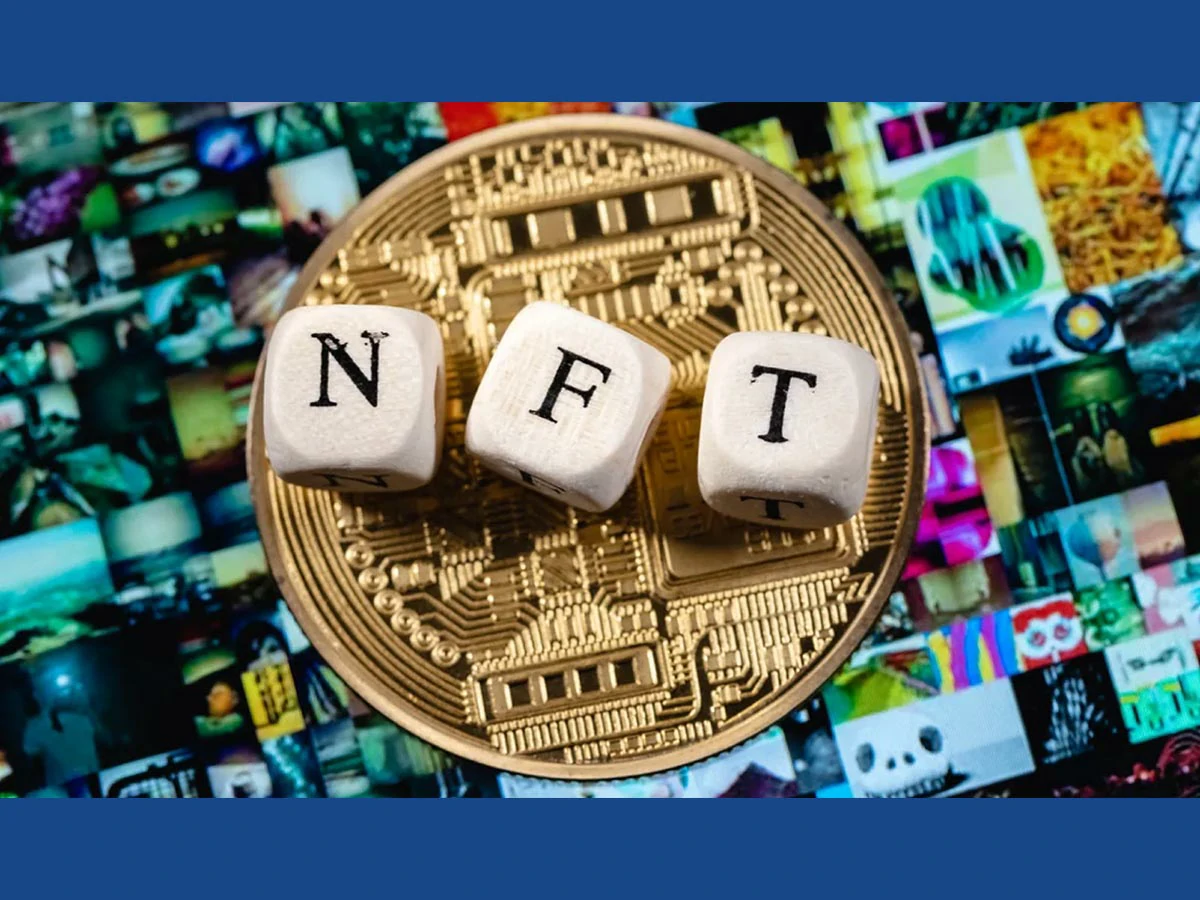Jun 23, 2022

<strong>How do NFTs, DAOs, Web3, and the metaverse impact health care?</strong>
Introduction
The healthcare industry is under pressure. Costs are rising, access is uneven, and quality is often poor. At the same time, medical advances are transforming how we think about and manage our health. In particular, digital technologies are increasingly important in health care. Digital technologies are also changing how we think about and manage our finances. Cryptocurrencies, for example, provide a new way to think about money and transactions. Similarly, decentralized applications (dApps) offer a new way to think about organizing data and business logic. And finally, the metaverse provides a new way to think about virtual reality and its potential impact on our physical world.
This article will explore how these three emerging technologies – non-fungible tokens (NFTs), decentralized autonomous organizations (DAOs), and the metaverse – impact health care.
NFTs, DAOs, and the Metaverse Impact Health Care
Non-fungible tokens (NFTs) are unique digital assets that are irreplaceable. NFTs can represent anything from a piece of digital art to a virtual land plot in the metaverse. This makes them incredibly powerful tools for managing and exchanging value. DAOs are organizations that run using software decentralization platforms such as Ethereum. DAOs are often open-source, transparent, and leaderless. This makes them very different from traditional organizations, which are centrally controlled and often opaque.
The metaverse is a virtual world built on top of the internet. The metaverse can be used for everything from online gaming to social networking. Importantly, the metaverse is not just a digital replica of the physical world but a completely new reality. So what does all this have to do with health care? Let's look at three ways that NFTs, DAOs, and the metaverse impact the healthcare industry.
1. NFTs help to track and manage medical data
2. DAOs can provide funding for medical research
3. The metaverse can be used to train medical professionals
1. NFTs can be used to track and manage medical data
Medical data is a valuable commodity. It's been estimated that the global market for medical data will be worth $300 billion by 2025. However, managing medical data is often difficult and time-consuming. This is where NFTs can help.
NFTs can be used to track and manage medical data in several ways. For example, NFTs can be used to represent patient records. This would allow patients to share their documents with doctors and other healthcare providers easily. NFTs could also be used to define clinical trials. This would enable pharmaceutical companies to track and manage trial data more easily. NFTs can describe DNA data. This would allow for creation of a global DNA database that could be used for medical research.
2. DAOs can provide funding for medical research
Medical research is expensive. The cost estimation of development is $2.6 billion. This high cost often creates a barrier to entry for new companies and small startups. However, DAOs can help to solve this problem. DAOs can provide funding for medical research in several ways. For example, DAOs can crowdsource funds from the general public. This would allow anyone to donate money to medical research projects regardless of their wealth. Alternatively, DAOs could collect funds from large institutions such as foundations or universities. This would provide a steadier stream of funding for medical research projects. DAOs use blockchain to create new financial instruments – such as bonds or shares. This helps in economic and medical research.
3. The metaverse can be used to train medical professionals
The metaverse can be used for a variety of purposes. Several companies and organizations are already using the metaverse to train employees. The metaverse helps to train medical professionals. For example, the metaverse creates virtual simulations of surgery. Alternatively, the metaverse helps to create virtual simulations of medical emergencies. These simulations help to train doctors and nurses. Importantly, the metaverse helps to develop virtual patient records. These records help to prepare medical students.
NFTs, DAOs, and the metaverse have a major impact on the healthcare industry. NFTs track and manage medical data. DAOs are providing funding for medical research. As these technologies continue to evolve, their impact on the healthcare industry will likely only grow.
Conclusion:
The healthcare industry is changing. NFTs, DAOs, and the metaverse are three important industry trends. NFTs help to track and manage medical data. DAOs can provide funding for medical research. The metaverse can train medical professionals. These three trends are just the beginning. We all are expecting a huge level of transformation in the healthcare industry. Cyberium is at the forefront of this transformation. We are designing our blockchain platform specifically for the healthcare industry. Cyberium provides a secure, decentralized way to store and share medical data. Our platform also enables the creation of DAOs for medical research and training. For more details have a visit to our website.
Related Blog-
How Will Web3 and NFTs Impact Ecommerce?
Best
Discover the best practices of building best product experience from millions of ready-made product graphs or build one yourself.

Intelligent
In-depth intelligence of products in the form of product stories help in achieving quality, automation and efficiency in new and existing product implementations.

Augmented
Improve and augment end to end product selection, development, integration, and operation with detailed information and AI copilots.


